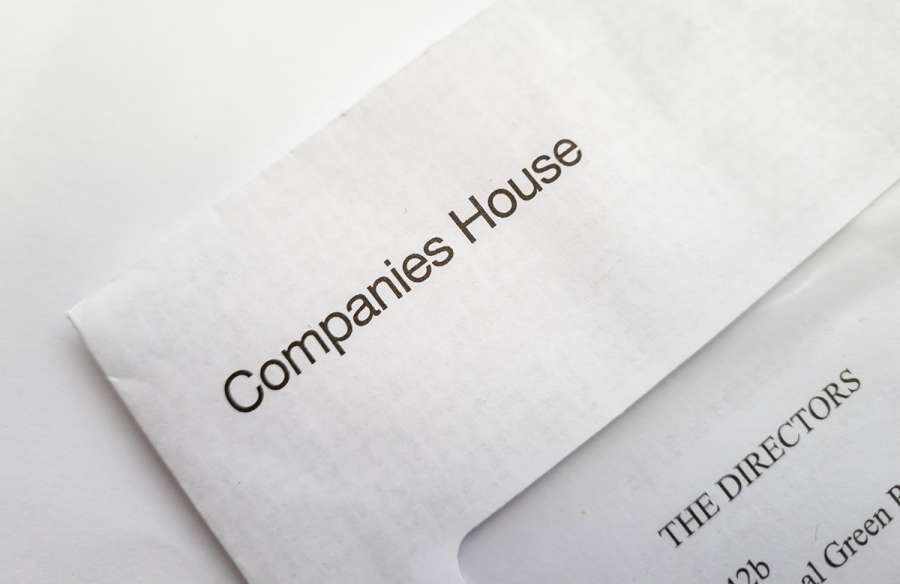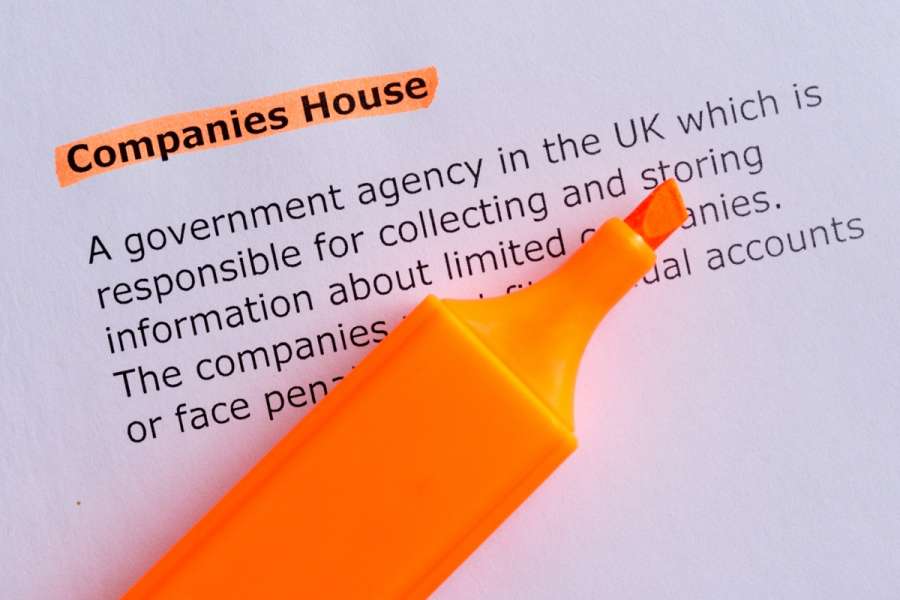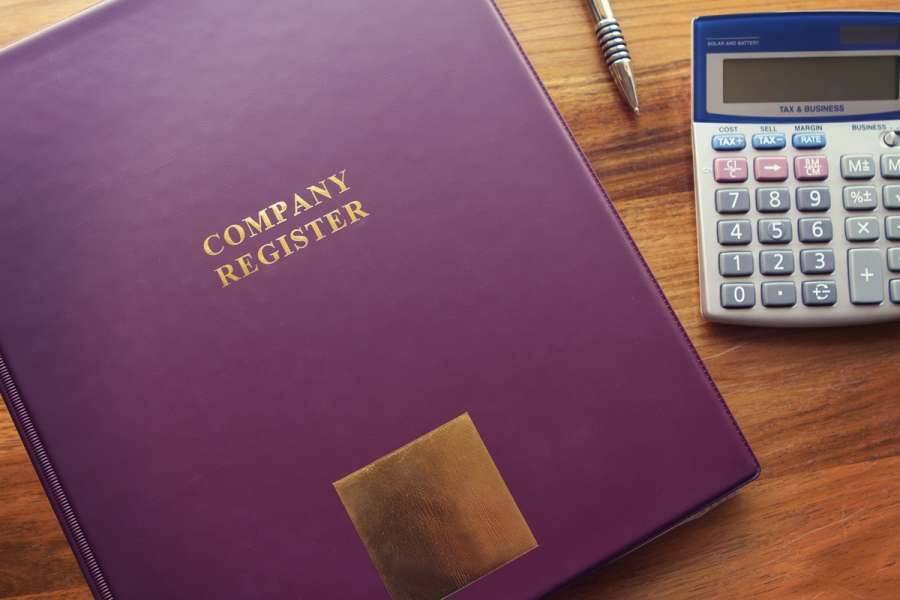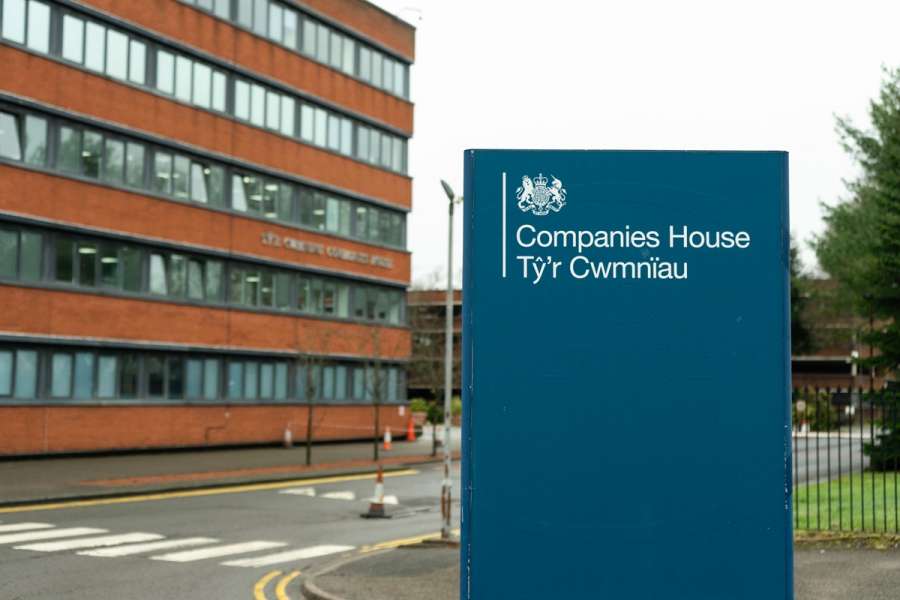It is anticipated that it will take some time before the provisions of the ECCTA are implemented due to the need for secondary legislation and to allow for the development of Companies House guidance, systems, and processes.
There are, however, things that companies can be thinking about in readiness for the changes set to come into force.
Business owners can leverage the opportunity created by the new legislation to proactively assess their existing corporate structures and show a commitment to corporate transparency.
Embracing these changes will help prevent economic crime whilst also contributing to the overall stability of the UK business landscape and driving economic growth by encouraging investor confidence.
Those responsible for company record-keeping and administration would be well advised to have the following items on their radar:
- identifying who may be subject to the new identity verification requirements;
- assessing current practices for Companies House filings and considering how these may need to be adapted;
- ensuring that company records are complete and up-to-date; and
- checking whether any companies within a group structure have appointed corporate directors.
Companies House getting teeth is going to be a real game changer.
Whilst it will potentially increase the amount of red tape for business owners, it should create a much more secure and accurate record of the Register of Companies.






